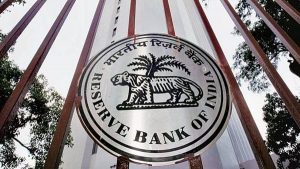What Is The Impossible Trinity?

The Reserve Bank of India(RBI) and Indian investors are facing a challenge in overcoming the “impossible trinity”.
- The impossible trinity, or the trilemma, refers to the idea that an economy cannot pursue independent monetary policy, maintain a fixed exchange rate, and allow the free flow of capital across its borders all at the same time.
- In a fixed exchange rate regime, the domestic currency is tied to another foreign currency such as the U.S. dollar, Euro, the Pound Sterling or a basket of currencies.
- An able policymaker can, at best, achieve two of these three objectives at any given time.
- The idea was proposed independently by Canadian economist Robert Mundell and British economist Marcus Fleming in the early 1960s.
- The Impossible Trinity is a fundamental concept in international economics and monetary policy.
- It describes the inherent challenges countries face when trying to simultaneously achieve three specific policy objectives related to their exchange rate and capital flows.




